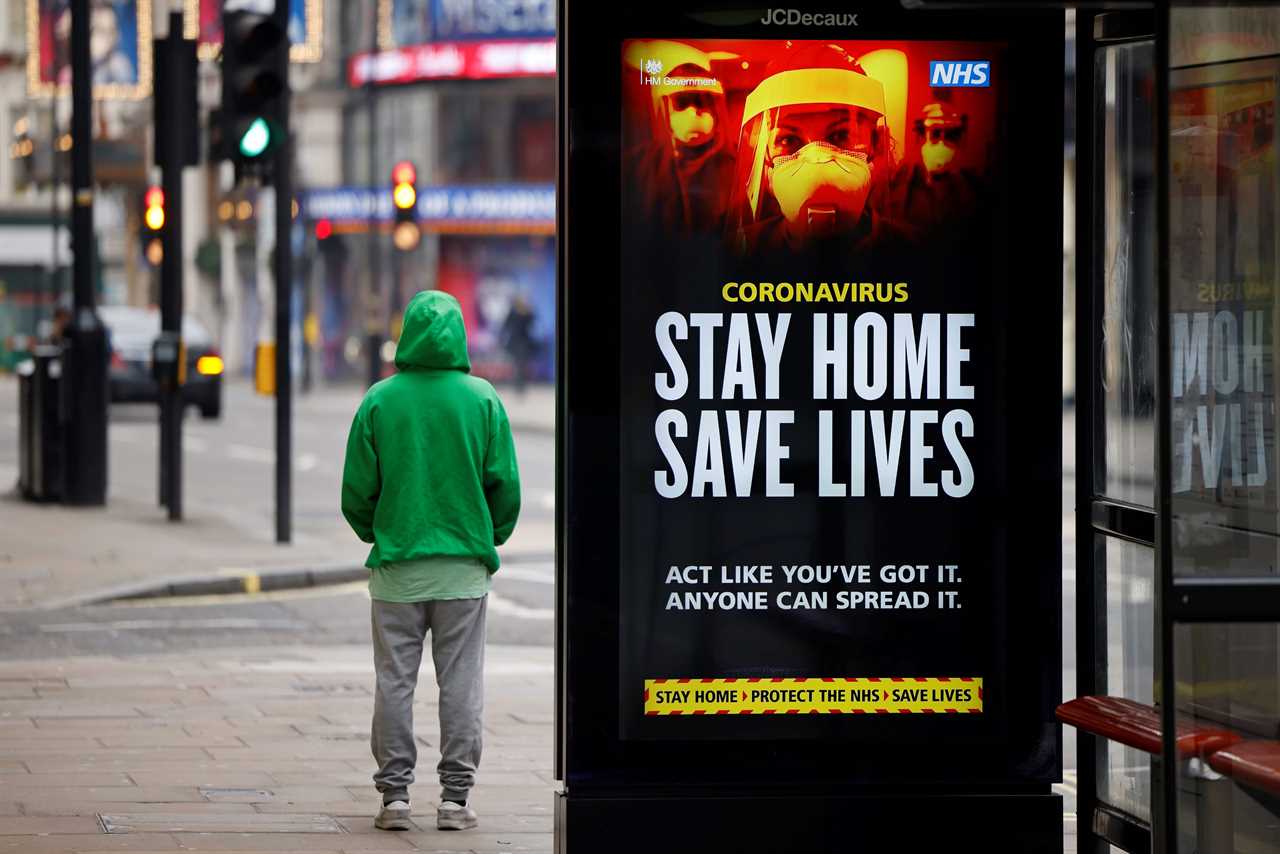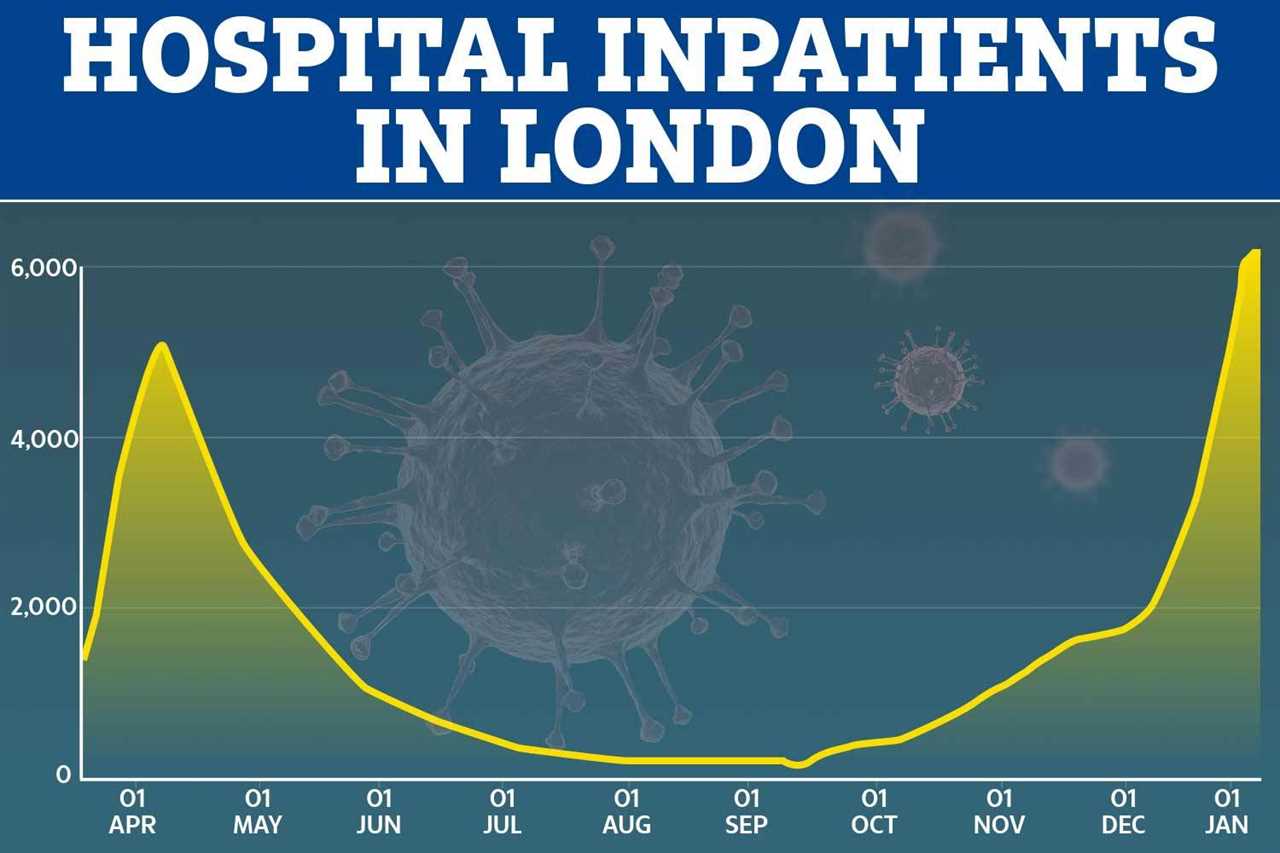Sadiq Khan declared a major incident in London as Covid cases in the capital continue to spiral “out of control”.
The Mayor took the step with one in 30 Londoners now infected with the virus and the NHS on the verge of being overwhelmed in the capital.

What does a major incident mean in the UK?
A major incident is an emergency situation in which special arrangements must be implemented by at least one of the emergency services, the NHS and the local authority, and involves large numbers of people.
City Hall defines it as as being “beyond the scope of business-as-usual operations, and is likely to involve serious harm, damage, disruption or risk to human life or welfare, essential services, the environment or national security”.

City Hall adds: “The severity of the consequences associated with a major incident are likely to constrain or complicate the ability of responders to resource and manage the incident.”
Mr Khan said: “The situation in London is now critical with the spread of the virus out of control.
“We are declaring a major incident because the threat this virus poses to our city is at crisis point. If we do not take immediate action now, our NHS could be overwhelmed and more people will die.”
Which areas have been declared a major incident?
London is the latest place where a major incident has been declared, following spiralling cases in the capital.
Sussex, Surrey and the Thames Valley all declared major incidents this week, while Essex declared one on December 30.
What happens when a major incident is declared?
Major incidents require a special response from the emergency services, and often involves more than one agency implementing emergency arrangements.
According to Sky News, the decision is a reflection of the extreme pressures being felt by the NHS and the emergency responders.
In reality, this means resources will be redeployed and the government could be asked to step in and help.
It means services can’t operate as normal and are placed in an emergency situation.






